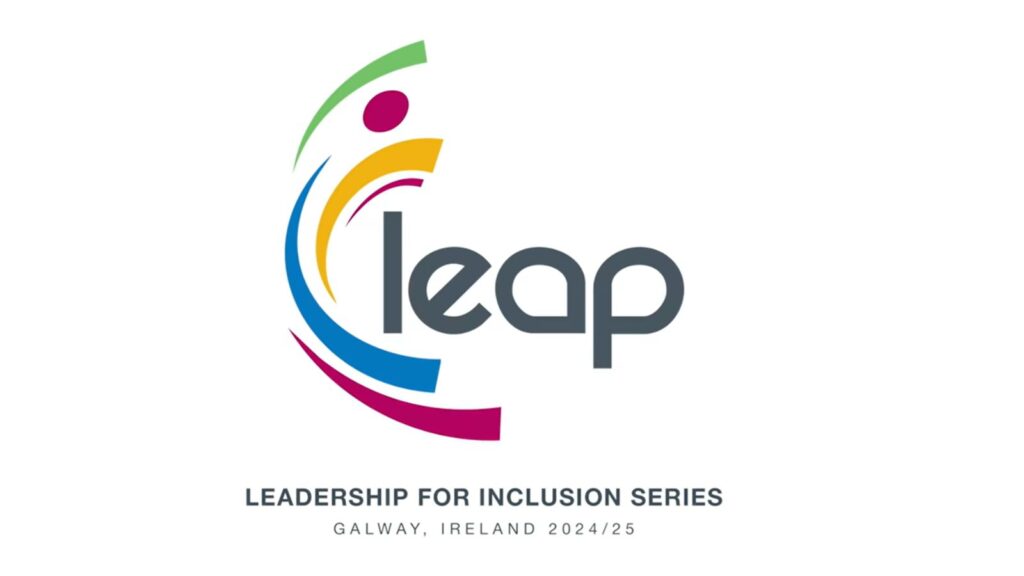Media release
Brussels, 3 December 2024
UN International Day of Persons with Disabilities
The 2024 International Day of Persons with Disabilities takes place at a pivotal moment for the European Union. As a new College of Commissioners is forming, the EU is concluding the first phase of its European Strategy for the Rights of Persons with Disabilities (2021–2030). This transition offers an opportunity to set new priorities and intensify efforts towards inclusion, equity, and support for persons with disabilities and their families. COFACE Disability expects strong flagship initiatives which will lead to tangible results in line with the UN Convention for the Rights of Persons with Disabilities.
The COFACE Disability Platform calls for the development of an ambitious new phase of the European Strategy for the Rights of Persons with Disabilities. It should build upon supporting tools, flagships and effective monitoring processes established previously, which have demonstrated their value driving change in EU Member states, by fostering harmonised European standards, policy coordination, mutual learning, and engaging key stakeholders through the European Disability Platform. This Platform for dialogue and action remains uniquely positioned to assess and promote policy responses for persons with disabilities and their families in all dimensions of life.
Key recommendations from COFACE’s Disability Platform for the Strategy’s next phase include:
- Stronger family dimension: Incorporating measures that address the specific needs of children with disabilities and families with disabled members. Family carers should be targeted by holistic support systems that recognise the interdependent needs of persons with disabilities and their family members.
- Enhanced implementation and coordination: Strengthening the implementation and monitoring of the Strategy flagship initiatives previously undertaken to promote the uptake of high-reaching policies across all Member States through a strong European Disability Platform.
- Leveraging synergies with the European Care Strategy: Assist Member States in developing and designing appropriate supporting measures such as respite care, training, and psychosocial support for family carers of persons with disabilities, tailored to take into account specific dimensions related to age and gender.
- New flagship initiatives: Introducing an ambitious new set of targeted initiatives to maintain the momentum generated by the Strategy, while supporting Member States in advancing policies for persons with disabilities and their families in areas where more robust measures remain necessary.
The COFACE Disability Platform will continue to push for ambitious ways forward to uphold the rights and inclusion of persons with disabilities and their families including key flagships for 2025-2029.
A comprehensive, new approach is needed to complete the results achieved so far, including strong flagship initiatives on family carers and inclusive education. Key and ambitious actions should include:
- The adoption of a European Deal for family carers. The COFACE Disability European Charter for Family Carers can be a useful guide for action. It is inclusive of all types of family carers, and focuses on family care as a voluntary decision, supported by policies that enable carers to balance caregiving with their private lives and paid work. Families providing care for persons with disabilities need targeted social protection and support measures, including financial assistance, access to pension rights, enhanced opportunities for work-life balance, and clear information on available services and rights. These measures are crucial to ensure a real shift towards independent living for all, and for preventing adverse health outcomes, poverty, and social exclusion. This flagship should be backed by adequate funds under the current and future EU budget, namely through explicit targeting of family carers as a “disadvantaged group” under ESF+ initiatives promoting access to social protection and social services.
- The adoption of European minimum standards for reasonable accommodation in education. The right to non-discrimination includes the right to have access to basic services which are available to the public, including education, and thus, to not be segregated from society. This right must be understood as the duty for educational authorities to put in place reasonable accommodation measures to enable accessible learning environments for students with disabilities. This should be applicable to students of all ages, in formal and non-formal education settings. European minimum standards could include dimensions related to training for education professionals in the use of new accessible technologies, to the availability of accessible materials and tools, to the promotion of inclusive curricula, to accessibility in teaching methods, the assessment processes and the school environment.
On this International Day of Persons with Disabilities, the COFACE Disability Platform reaffirms its commitment to advancing the rights and well-being of persons with disabilities and their families. To achieve this goal, it is crucial to build on the existing frameworks of the EU Strategy for the Rights of Persons with Disabilities while also introducing bold initiatives that place a greater emphasis on families and children with disabilities.
ENDS//
Notes to editor
For more information, please contact Bettina Guigui, Senior Communication Officer: bguigui@coface-eu.org





